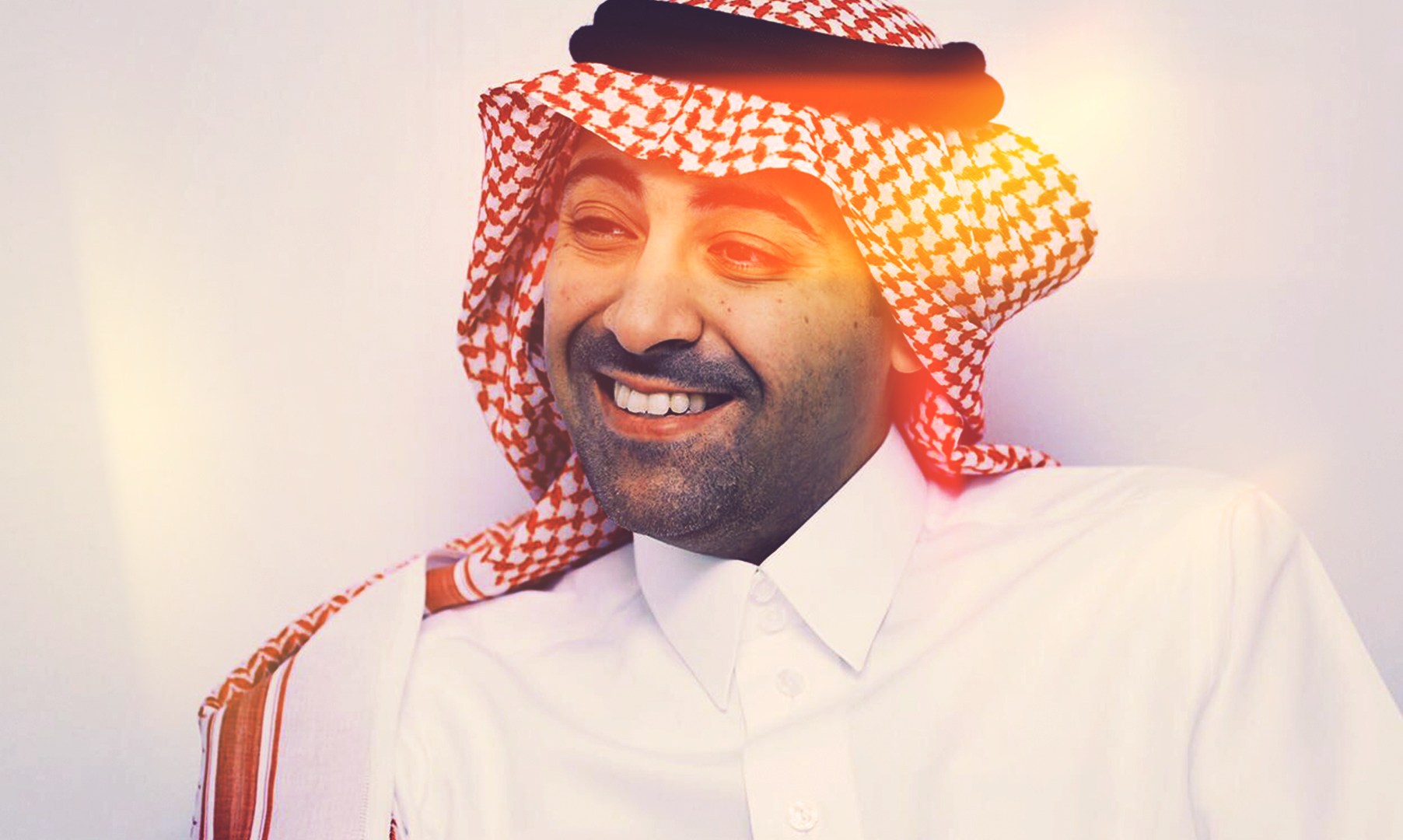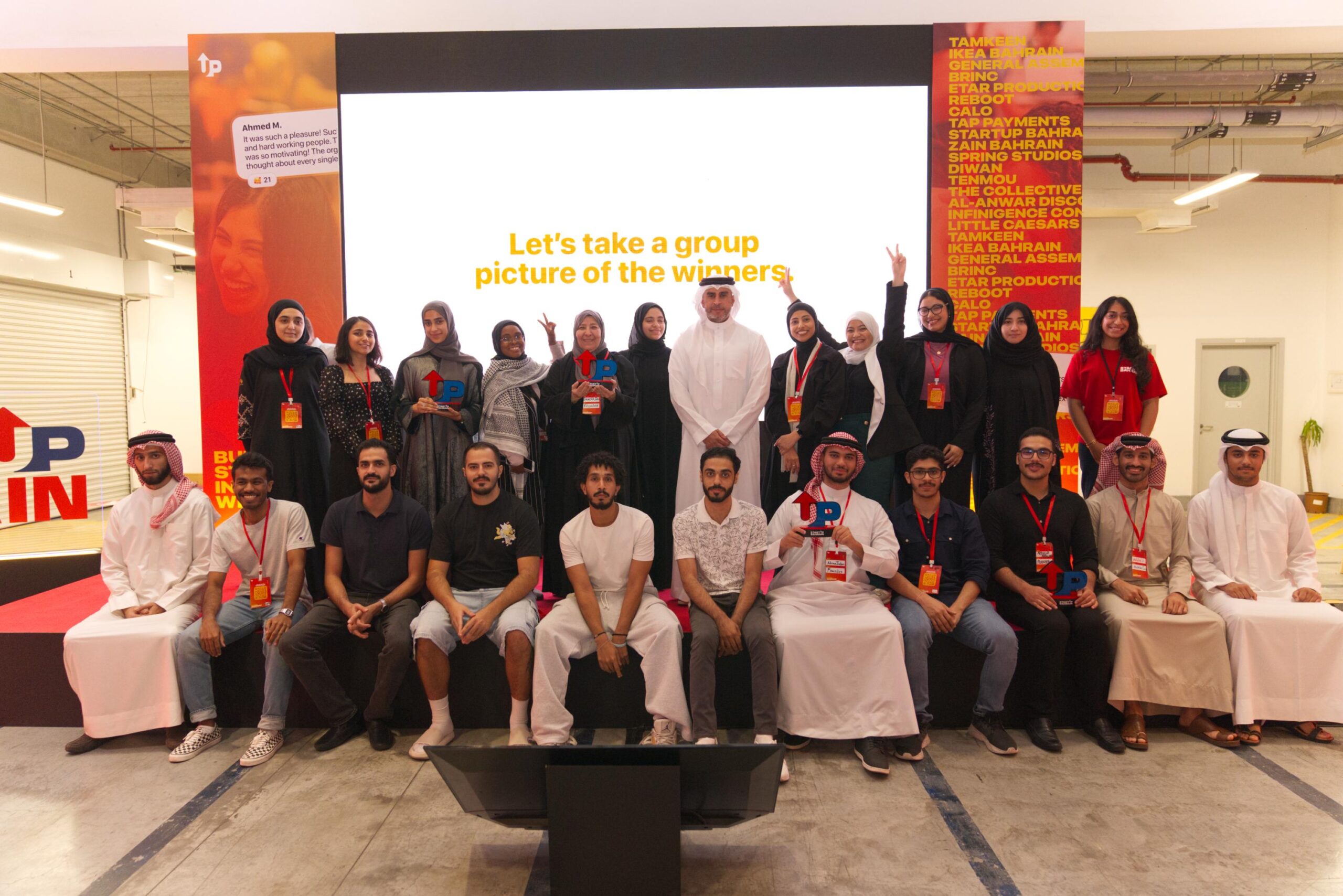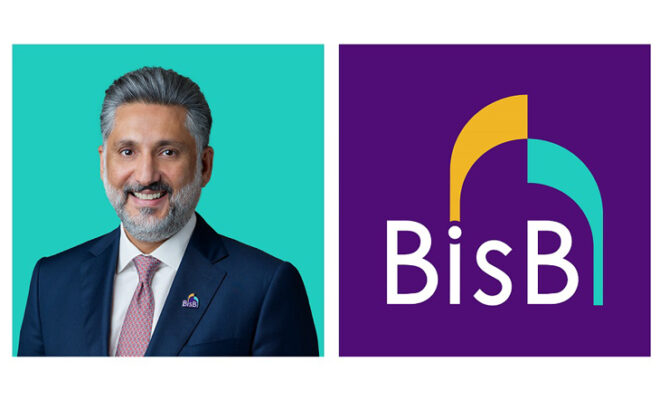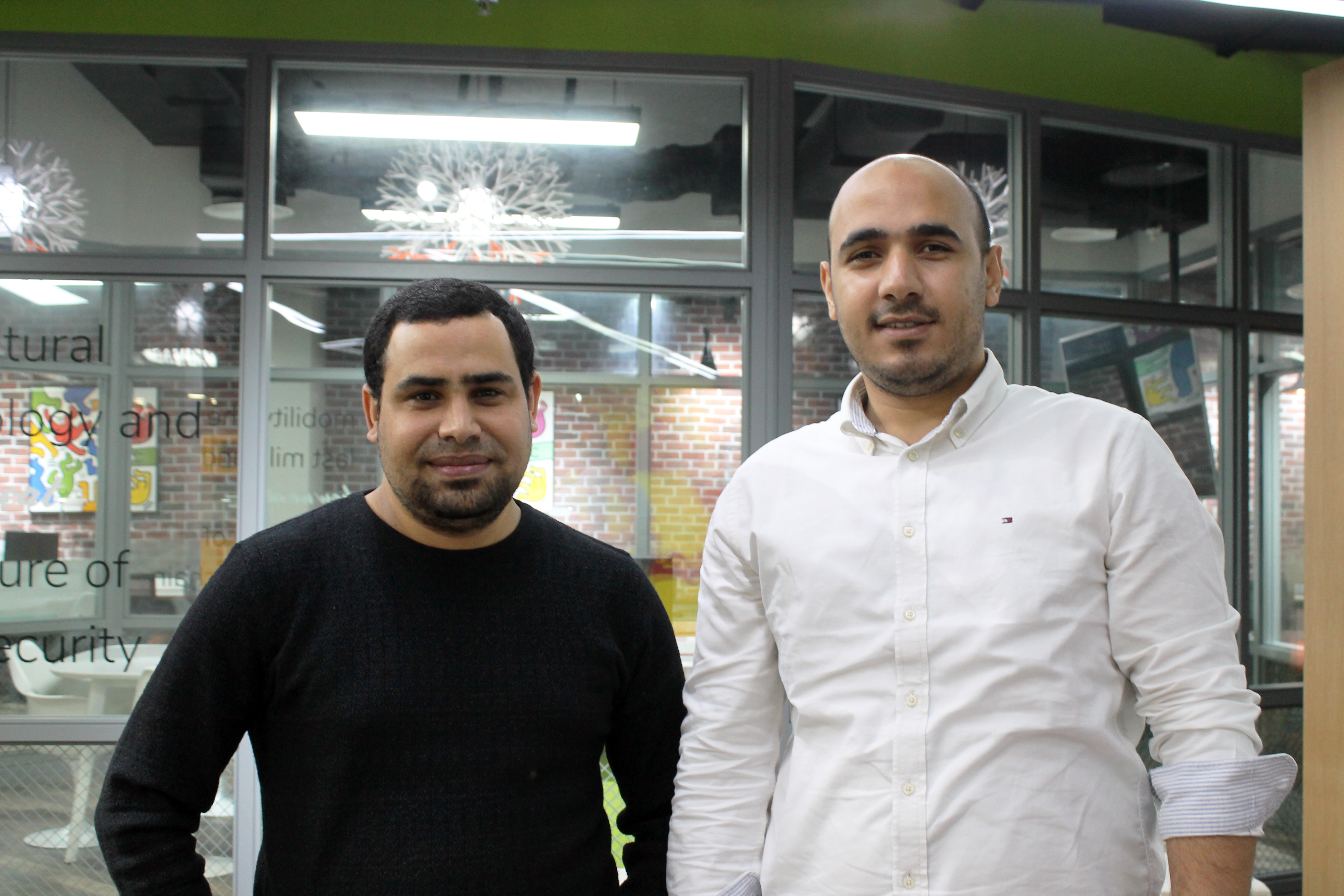The Royal Family: Promoting Entrepreneurship in UK and Europe

When you think of significant players within the UK’s constantly evolving startup ecosystem, the chances are that your mind probably does not immediately spring to a hereditary institution that predates electricity, modern medicine, and even the very notion of corporate entities. Yet Royal Families – in the UK and beyond – quietly play a significant role in promoting and stimulating innovation through the use of “soft power”.
Soft power is generally understood to relate to the ability of individuals and organizations to achieve objectives through persuasion and attraction instead of more overt kinds of pressure. When applied to entrepreneurship, soft power can be exercised by utilizing the influence of key figures, such as Royals or celebrities, who can inspire and motivate people to pursue entrepreneurial ambitions.
This is a key building block for entrepreneurship because it can help foster a supportive environment for startups and small businesses to thrive. High-profile figures can leverage their influence to encourage a culture of innovation and risk-taking, secure investment and foreign trade, and stimulate local ecosystems.
UK ROYALS AND SUPPORT FOR ENTREPRENEURSHIP INITIATIVES
King Charles III
King Charles III has earned his reputation as a strong advocate for entrepreneurship in the UK through his dedicated work with his Prince’s Trust organization over several decades. Launched in 1976, the Prince’s Trust supports young entrepreneurs aged 11 to 30 by providing financial assistance, mentorship and helping them develop resilience. The Trust is a significant player in the UK’s entrepreneurial landscape having helped over 90,000 young people launch businesses.
Prince William
The current Prince of Wales has also played a significant role in promoting entrepreneurship. In particular, Prince William launched the Earthshot Prize – a prestigious global environmental award – in 2020. The prize is built upon five ambitious goals, known as Earthshots, which are: protect and restore nature, clean our air, revive our oceans, build a waste-free world, and fix our climate. The Earthshot Prize will provide £50 million in grants to fund environmental solutions over the course of a decade with five individuals receiving £1 million each year.
Queen Elizabeth II
The Queen’s Enterprise Awards, since renamed The King’s Awards for Enterprise, is a prestigious British awards program that honors businesses and organizations for their exceptional achievements. The categories include international trade, innovation, sustainable development, and promoting social mobility. Established by Queen Elizabeth II in 1965, the awards are presented at a royal reception and can be used by winners to promote their businesses for a period of five years. Throughout her reign, the Royal Family was also adept at using patronage to boost small businesses. This was achieved primarily through Royal Warrants that allow businesses to display the royal emblem on its products and promotional materials, thus enhancing the reputation of the company and boosting sales.
European Royals Promoting Entrepreneurship
Monarchs and members of royal families across Europe have also shown that this phenomenon is by no means limited to the House of Windsor.
Prince Constantijn of the Netherlands
Prince Constantijn has played an instrumental role in promoting entrepreneurship in the Netherlands and abroad as the special envoy for the Dutch startup ecosystem. Through his role at Techleap (previously Startup Delta), Prince Constantijn has helped to attract investment, create partnerships, and foster a supportive environment for entrepreneurs to thrive. He is also commonly found as a speaker at entrepreneurship events, sharing his insights and experiences in order to inspire others.
King Carl XVI Gustaf of Sweden
Sweden has long prided itself on its strong entrepreneurial spirit, and King Carl XVI Gustaf is widely seen to have played a significant role in supporting this culture. The King is active in numerous organizations and events that support entrepreneurship such as the annual Prince Daniel’s Fellowship program. This scheme is primarily focused on inspiring young people to become entrepreneurs by connecting them with training, role models, offering mentors, and providing networking opportunities.
King Felipe VI of Spain
As a relatively young monarch, King Felipe VI of Spain has also been keen to play a prominent role in the launch of several initiatives which support startups and SMEs. One of the most significant of these is the RedEmprendia network, which connects universities in Latin America and Spain with the goal of fostering a culture of innovation and collaboration. Besides this, the King has played an active role in entrepreneurial events such as the South Summit.
The Role of Soft Power in Fostering Entrepreneurship
The promotion of entrepreneurship by members of the Royal Family has impacted the lives of many, and it is worth considering exactly how the Royals have been able to help foster a more vibrant and dynamic entrepreneurial ecosystem. They have been able to leverage their soft power in three main ways:
Raising awareness. Many people simply aren’t aware of the importance of entrepreneurship and innovation, others meanwhile lack the self-belief to overcome the risk of failure. Influential figures can encourage more people to take a leap of faith and pursue entrepreneurial endeavors.
Attracting investment and encouraging collaboration. Soft power can be used to assemble groups of people who would otherwise not connect, acting as a facilitator for new initiatives and expanding access to facilities and resources.
Bringing credibility and prestige. Attaching a popular name to an entrepreneurial imitative can make it much more appealing to participants, partners and investors. Of course, the inverse of this can also be true.
These lessons can also serve as pointers for high-profile figures across the world looking to make an outsized impact on the world of entrepreneurship. Although monarchies exist only in certain countries, the behavior that the Royals have exemplified and the tools they have utilized are available to influential figures of all kinds such as mayors, celebrities, and founders.
Indeed, as we mark the King’s coronation – perhaps those of us in the world of entrepreneurship can learn a thing or two from an institution that has managed to successfully innovate and reinvent itself decade after decade and century after century.
Source: Genglobal













